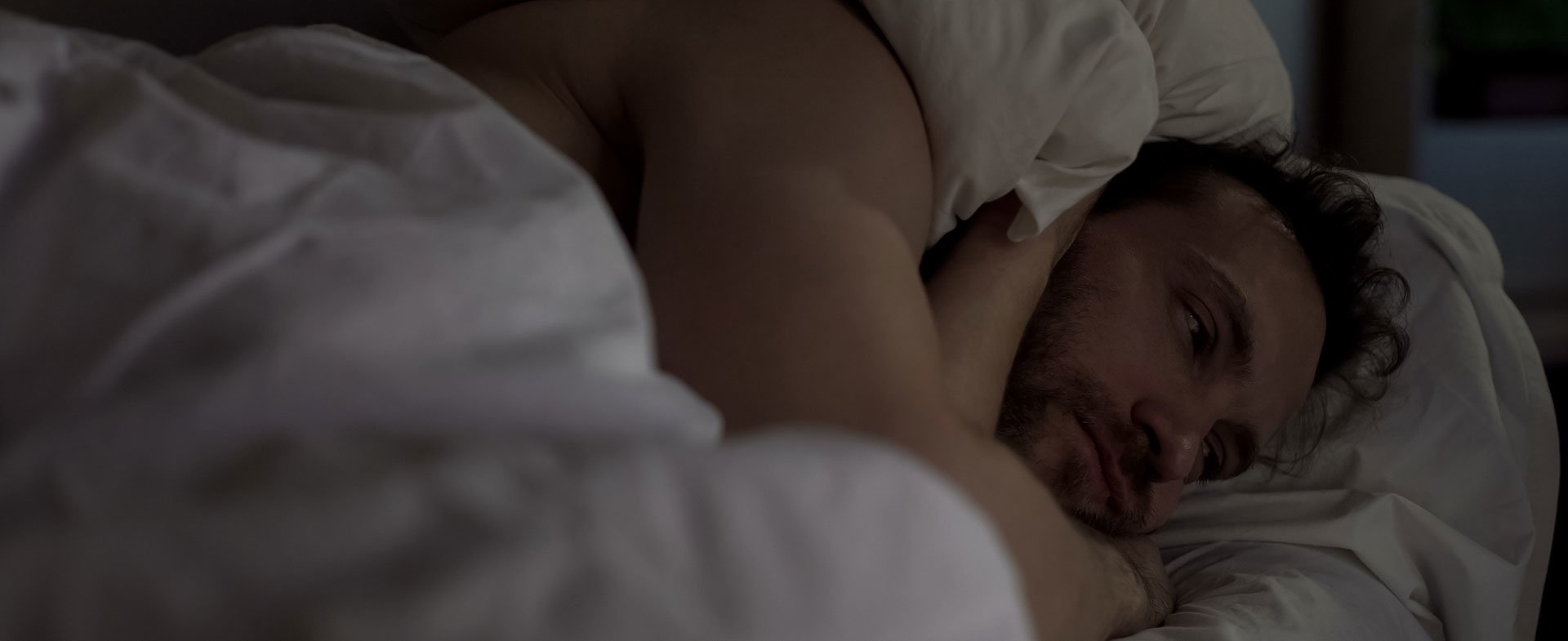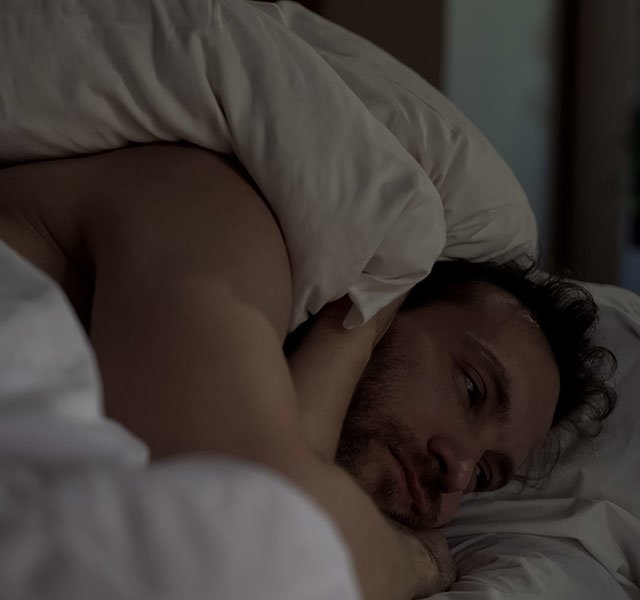It's no secret that quality sleep plays a key role in health and well-being. Healthy sleep not only helps you stay safe and alert, but it can also enhance your focus, boost your productivity and help ensure your body performs its best.
"Most people need seven to nine hours of sleep each night — but up to one-third of us aren't meeting our quota," says Luisa Bazan, M.D., a sleep medicine specialist at Henry Ford Health. While many people have poor sleep patterns and sleep hygiene, a subset of them may be suffering from a true sleep disorder that requires treatment.
How Do You Know if You Have a Sleep Disorder?
More than one in three Americans is sleep deprived, according to the Centers for Disease Control and Prevention. Yet, sleep is as important to our health (if not more) as eating a healthy diet and getting regular exercise. Over time, insufficient sleep can increase your risk for the nation’s top killers: high blood pressure, diabetes and heart disease.
So how do you know whether you're suffering from run-of-the-mill sleep woes or a diagnosable sleep disorder? Pay attention to these four warning signs:
- It takes you more than 30 minutes to fall asleep. At one time or another, most people have had trouble falling asleep. But if you struggle to fall asleep seemingly every night, it could be a sign that you have a sleep disorder, such as sleep-onset insomnia. Insomnia is a sleep disorder in its own right, but it's also a sign of other sleep disorders.
- You feel tired despite sleeping for 7 to 9 hours. Feeling chronically sleepy is a symptom of several sleep disorders, including insomnia, sleep apnea and narcolepsy. Sure, falling asleep during your 3 p.m. meeting is embarrassing, but chronic drowsiness can also increase your risk of developing chronic conditions like diabetes, heart disease and obesity. "Plus, driving while sleepy dramatically increases the risk of a motor vehicle accident," Dr. Bazan says.
- You snore loudly. While mild snoring is remarkably common, heavy snoring that interrupts your sleep — or keeps your partner awake — could be a sign of sleep apnea. With obstructive sleep apnea, your airway collapses or becomes blocked during sleep. "People who have sleep apnea stop breathing and wake up choking," Dr. Bazan says. "It's more common in people who are overweight or obese, those who are taking certain medications and newly menopausal women, but it can happen to anyone."
- You have tingly feelings in your legs. If you have a bothersome prickly feeling in your legs when you sleep, you might have a condition called restless legs syndrome, or RLS. People with RLS feel a need to move their legs, which can make falling asleep and staying asleep challenging.
Still unclear whether your habits indicate a sleep problem? "Try a sleep vacation," Dr. Bazan suggests. If you go to bed when you're tired and wake up without an alarm for a week or more, and you feel energized and alert during the day, you probably just need better sleep hygiene.
How to Decode Your Sleep Problems
No matter what your sleep issues are, it's important to drill down on the cause of the problem and find a solution. Here are a few ways to pinpoint what's messing with your ability to sleep soundly.
- Take stock of medications. "If you're not getting enough sleep, or sleeping enough but feeling drowsy during the day, the first thing your doctor will do is review your medication list," Dr. Bazan says. "Then we can do some detective work and determine if any of your medications are causing your sleep issue.”
- Keep a sleep diary. One of the best ways to assess the quantity and quality of sleep is to keep a sleep diary for a few weeks. Record the times and quality of your sleep, as well as your use of medications, alcohol, caffeinated drinks and foods. Also record your activity level for the day and how energized (or sleepy) you felt during your waking hours.
- Talk to your doctor. If you're not getting enough high-quality sleep, it makes sense to ask your doctor to evaluate you for a sleep disorder. There are plenty of treatments and therapies available for sleep disorders.
How to Get Help for a Suspected Sleep Disorder
If you're having difficulty falling asleep or staying asleep on a regular basis, it's important to talk to your physician. "Don't give up too quickly," cautions Dr. Bazan. "It can take time to uncover the particular sleep problem you have and devise an appropriate treatment plan."
Most importantly, pay attention to the following sleep disorder warning signs:
- Falling asleep while driving
- Struggling to stay awake when you're relaxing on the couch or reading
- Trouble with focus and concentration at work or school
- Performance problems on the job or in school
- Forgetfulness
- Slow response times
- Irritability
- Daytime sleepiness
Based on these warning signs and other factors, your doctor may decide to refer you to a sleep lab to assess your sleeping patterns while monitoring your heart rate, brain function and breathing during slumber.
Subscribe to receive a weekly email of our latest articles.
To find a doctor or sleep specialist at Henry Ford, visit henryford.com or call 1-800-436-7936.
Luisa Bazan, M.D., is a sleep medicine specialist who sees patients at Henry Ford Medical Center -- New Center One in Detroit.



